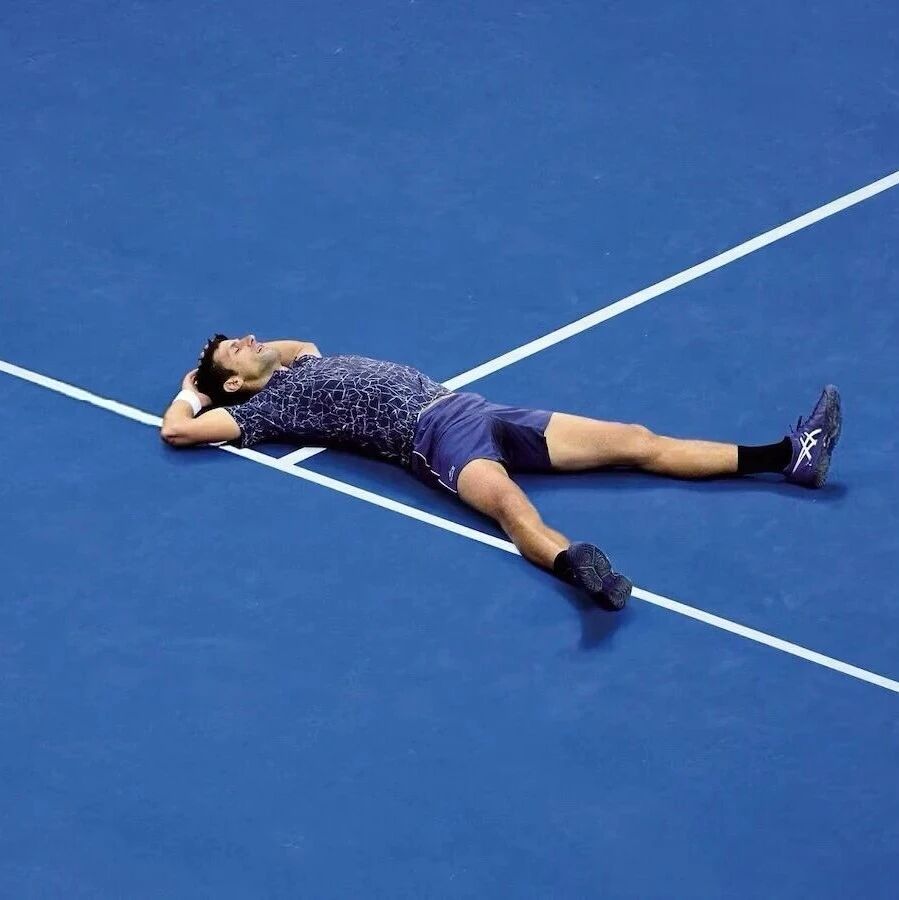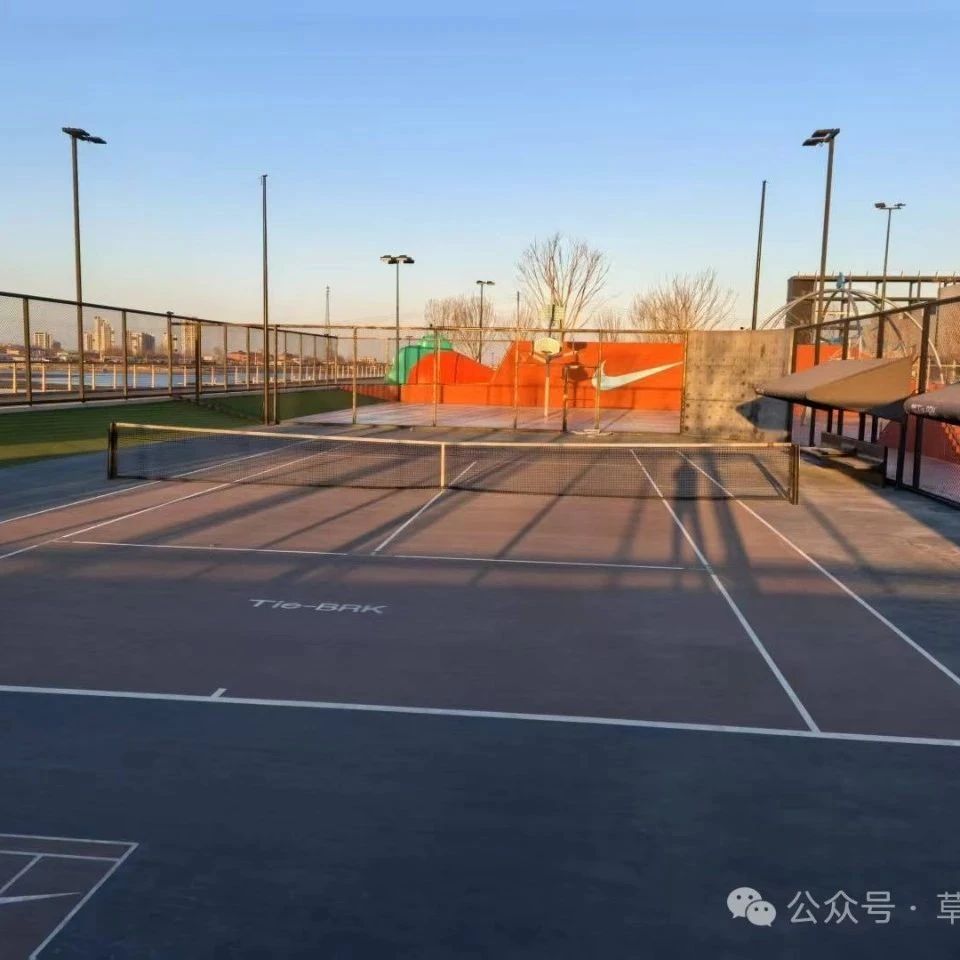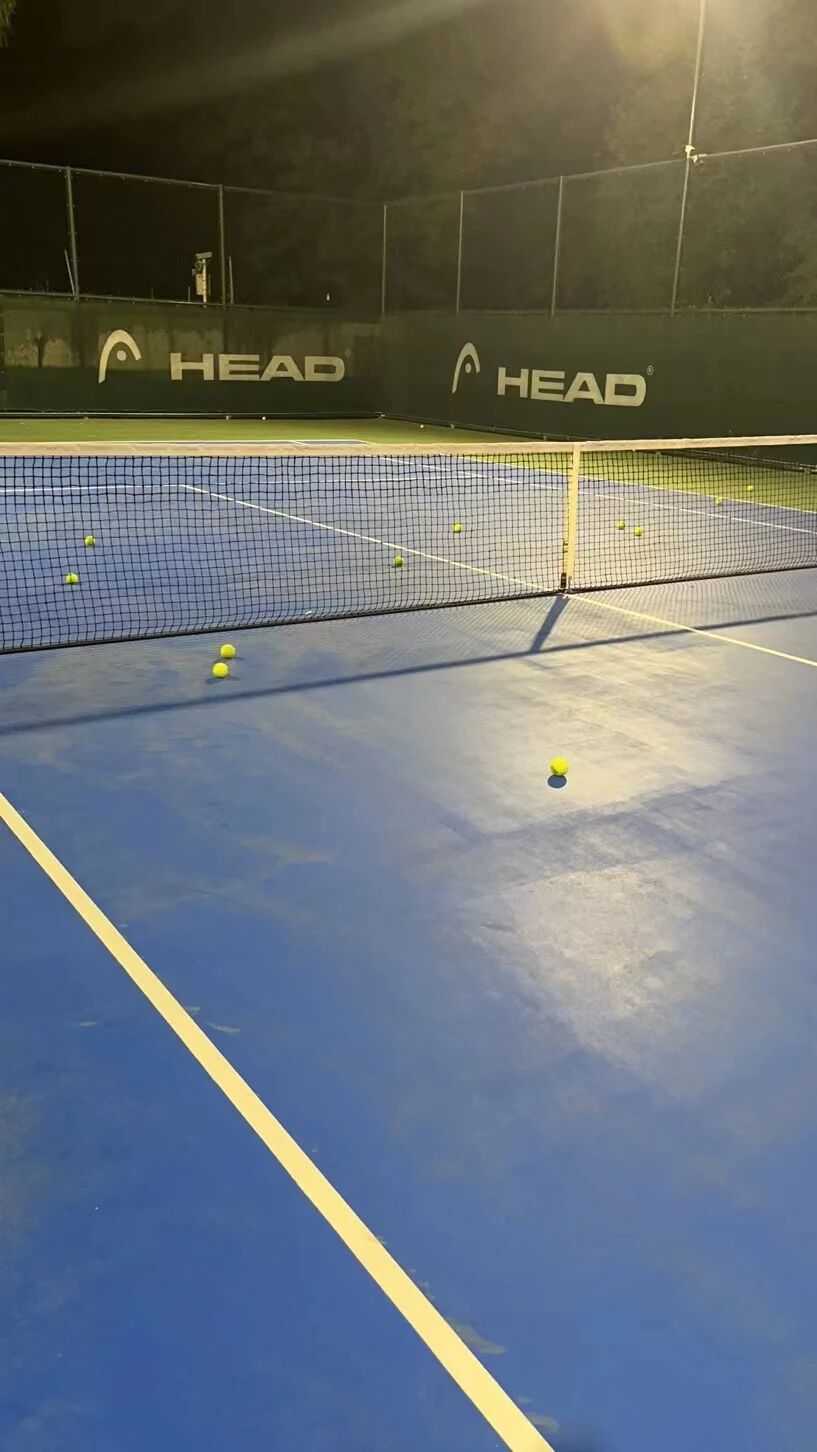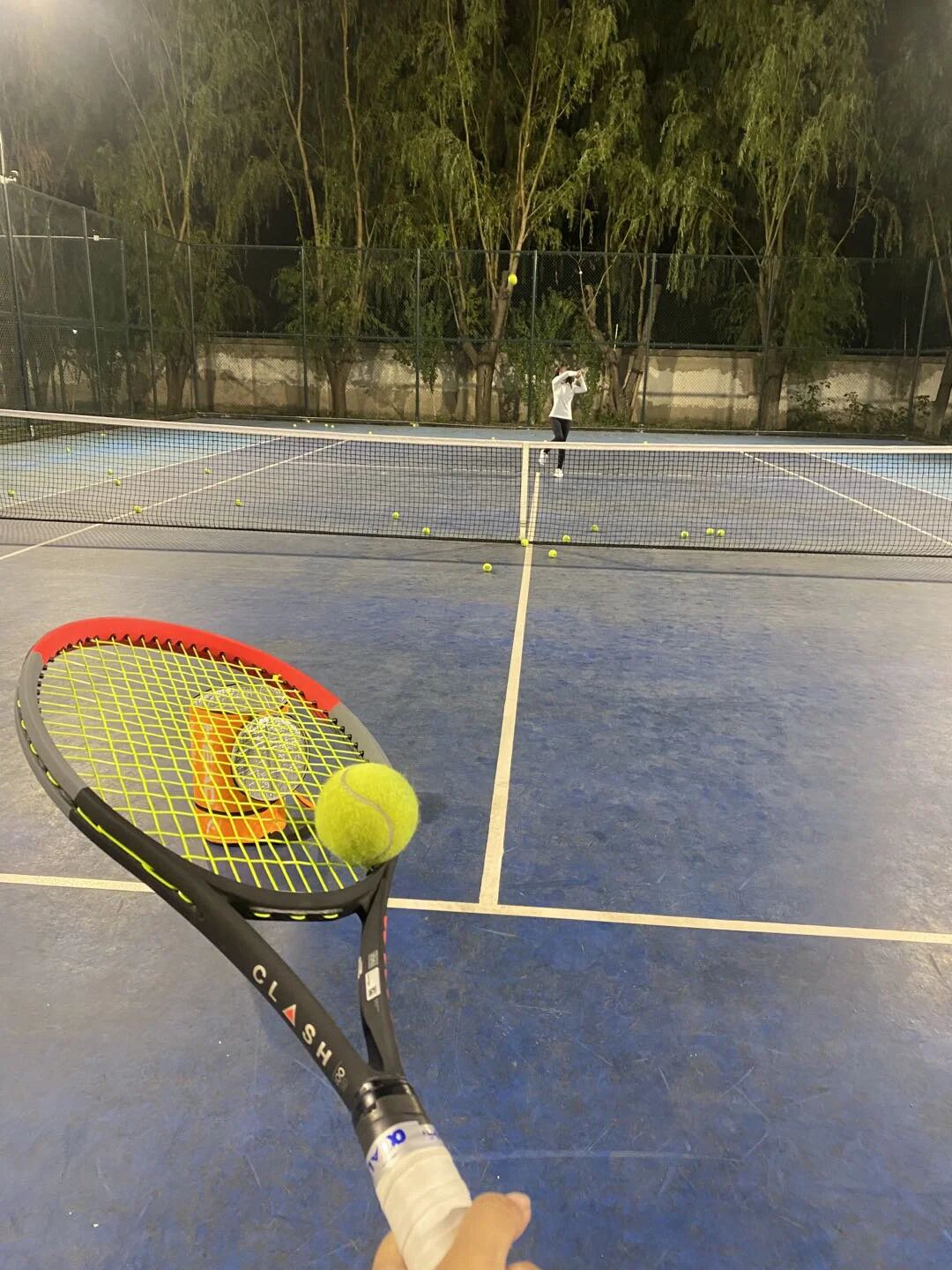Coach's Self-Cultivation: What Makes a Promising Talent?

Sports begin with entertainment but ultimately lead to investment. A fleeting interest stems from pleasure, while sustained commitment requires rewards in the long run.
If you approach sports from an investment perspective, weighing inputs against outputs, you can’t escape the timeless truth encapsulated in the four characters: "It’s all about people."
Behind every training challenge, an athlete's personal qualities play a decisive role—specifically, their perspectives on "responsibility, reality, and interest" largely determine the ultimate effectiveness of their training.
Competitive sports can be ruthless, but sport itself isn’t. In today’s highly commercialized society, “high-potential” athletes now enjoy unprecedented opportunities for growth. Even if their natural talents may limit how far they can go on the playing field, the strong character traits cultivated through sports will continue to empower them, enabling them to thrive in life far beyond the arena.
So, what exactly makes an athlete "high-potential"? Or rather, what kind of young sporting talent is most likely to navigate life—and their career—smoothly and successfully?
This is an issue that transcends competitive levels, gender, and age.
This article is based on the author's long-term observations and reflections, combined with personal training experience, and shares with you the true qualities that, in my opinion, define a "promising talent."
01
Filtering, or nurturing?
"Great talent"—is it truly a matter of selection, or does it hinge on nurturing? Beneath the surface lies a stark truth: in this day and age, if you want to be noticed, you ultimately have to shine on your own.
Today, well-known organizations and coaches increasingly serve as "selectors," with powerful institutions attracting top-tier athletes—first producing results, then nurturing talent. As a result, the Matthew effect is becoming ever more pronounced.
The grassroots coaching community isn’t unwilling to dedicate themselves to nurturing talent—but the current rewards for their efforts make "specializing in developing" just a few elite athletes an extremely risky endeavor, forcing coaches instead to adopt a "broad-based, low-yield" approach.
"The responsibility for "cultivation" ultimately rests squarely on the shoulders of parents and the athletes themselves—because if they fail to catch the eye of a renowned coach, they’ll have no choice but to rely on their own relentless dedication and hard work."
The roles of selection and cultivation must never be confused. Under current circumstances, we cannot expect others to meticulously "cultivate" us every step of the way, nor should we hastily define our future potential simply by "selecting" ourselves.
"Promising talent" must emerge from self-driven development.
02
Sense of responsibility
Responsibility awareness is a highly central research topic in developmental psychology, and its development follows a gradual transition—from external enforcement toward self-regulation.
Some players are careless with their training gear or habitually late, which inevitably leads to less-than-ideal training results.
On the surface, it seems like a matter of the players' attitude—something that could seemingly be corrected through lecturing. But at a deeper level, it reflects a fundamental lack of responsibility, a problem that can only be addressed by fundamentally reshaping their habits.
Lifestyle habits and training habits are closely intertwined—every behavior is interconnected and mutually influential, because humans are a unified whole. Therefore, we cannot expect someone to demonstrate low accountability in their daily life while maintaining high self-discipline in their training.
Great athletes often develop a strong sense of responsibility already during their teenage years. This awareness of being accountable—to themselves and to others—gradually shapes their inner character, ultimately inspiring them to cultivate deep self-motivation and unwavering perseverance. — Responsibility comes first; self-actualization follows.
The potential of a "promising talent" often lies in the early emergence and cultivation of their sense of responsibility.
03
Respect reality
It was only after reading "Cognitive Drive" that I truly understood what "respecting reality" means. Zhou Ling points out in the book, "Most people’s suffering stems from a mismatch between their actions and the laws of reality."
So, what is the practical law of success? Or rather, what are the principles of efficient training? These two are highly aligned.
Respecting the idea that "accumulation takes time" will prevent you from rushing for quick results.
Respecting "Action Changes the Future" will prevent unnecessary anxiety.
Respecting the idea that "the world was not created by me" prevents one from being self-righteous.
Respecting the "value exchange of importance" means you won’t chase after things for free.
However, achieving these aspects is no easy feat—indeed, even many experienced individuals may not fully grasp the significance of "respecting reality."
Since I first entered the field of training, I’ve seen too many peers getting trapped in a quagmire of so-called "cultivated evil practices" and "magic tricks," oblivious to the fact that these illogical "unconventional techniques" actually serve as a breeding ground for pseudoscience. Persistently chasing shortcuts and seeking easy gains only leads to even greater waste—and ultimately, wasted effort.
In fact, the vast majority of players fall into the "seeing is believing" category. That’s why the power of "respecting reality" is best demonstrated through role models right around them—only when they witness firsthand how others achieve success by staying grounded and focused will they truly be convinced and inspired to follow suit.
That’s precisely why, in addition to the "seek truth from facts" teaching philosophy, a people-oriented environment that emphasizes "leading by example" is equally crucial in shaping players' character and qualities.
"Promising talents" will always base themselves on rational thinking and understand the importance of seeking truth from facts.
04
Broad interests
Nobody enjoys repetition, yet training demands that we engage in purposeful, deliberate practice—something whose monotony can easily lead to periodic numbness.
Once technology stagnates over the long term, self-doubt and numbness tend to creep in. At such times, shifting your focus to other interests becomes especially important.
On one hand, maintaining a broad interest in the world is a powerful antidote to numbness—a condition that serves as an extremely dangerous warning sign, often marking the very beginning of depression.
On the other hand, diverse interests not only break the monotony of training but also lead to unexpected benefits—lessons and insights gained from other fields can often be applied directly back to your practice. For instance, once you grasp the physics behind a baseball pitch, you’ll find it easier to master the technique of serving in tennis, ultimately speeding up your learning process.
In my teaching career, the one phrase that worries me most is: "Coach, I don’t want to figure out why—just tell me the answer." After all, if you have no curiosity about the principles behind something, how can you truly grasp and apply those conclusions effectively?
Players with low interest aren’t just losing their desire to explore techniques—they’re losing their curiosity about the world. After all, "broad interests" and "a vibrant mind" are not only the spices that make training more engaging, but also the catalysts driving personal growth.
A true "rising star" is bound to have incredibly broad interests—this very trait will help them go even further.
05
To conclude
Sportsmanship is a positive life philosophy that inspires people to respect their opponents, follow the rules, never give up, and strive for excellence.
If judged solely by victory or defeat, the path of sports is inevitably littered with "losers"; but if we look instead at the athletes' inner qualities, we’ll realize that sports’ true value lies far beyond the medals.
Outstanding athletes may each have their own unique qualities, but they share certain core traits: they are more disciplined, more practical, and deeply passionate.
As coaches, whenever you come across promising young talents who are "highly responsible, practical, and widely interested," please make sure to cherish and nurture them.
Because they are the very embodiment of the future.


